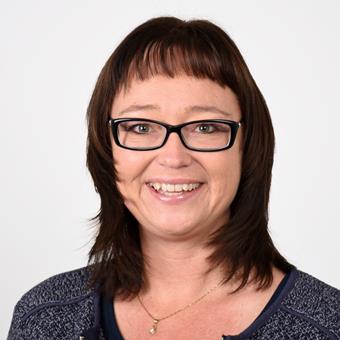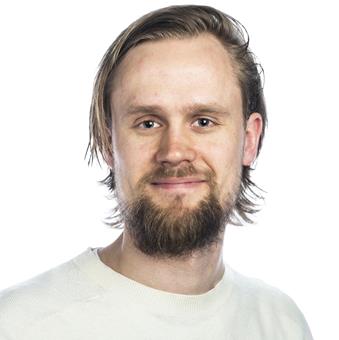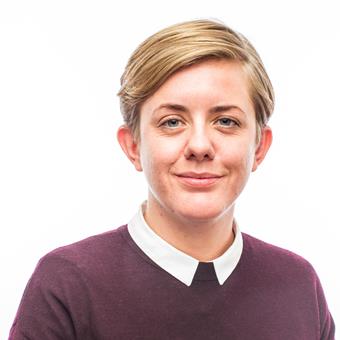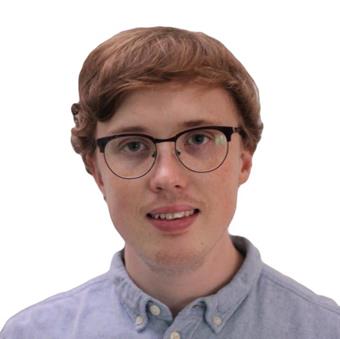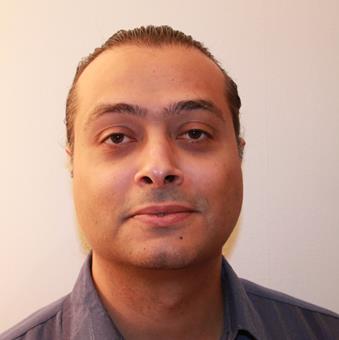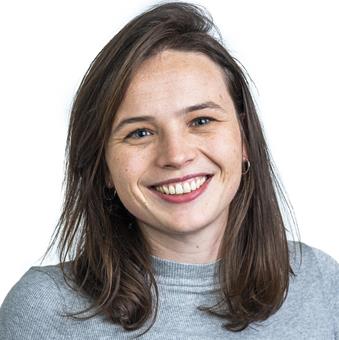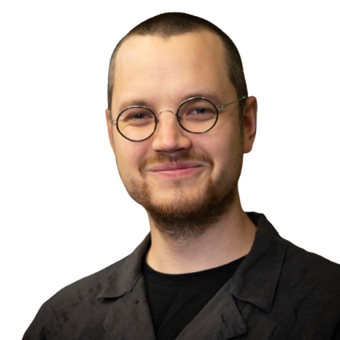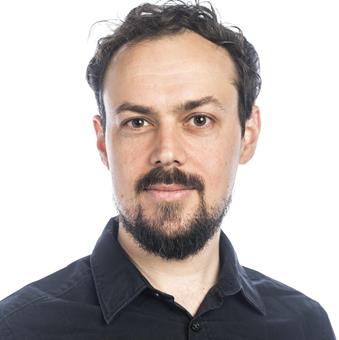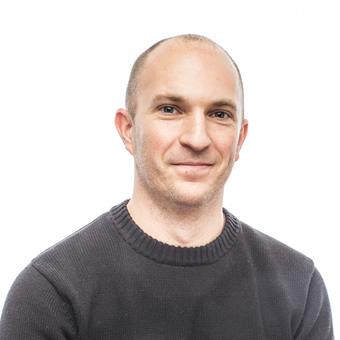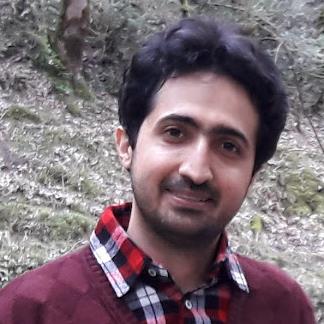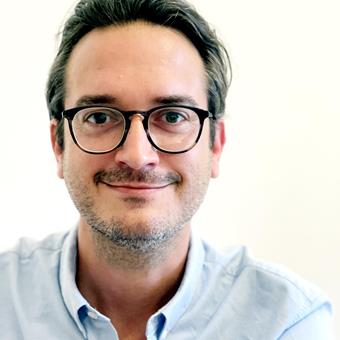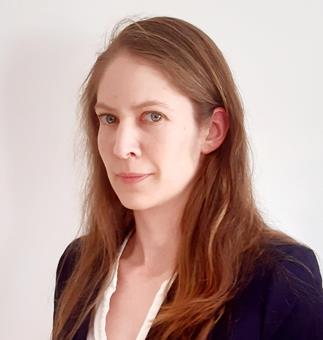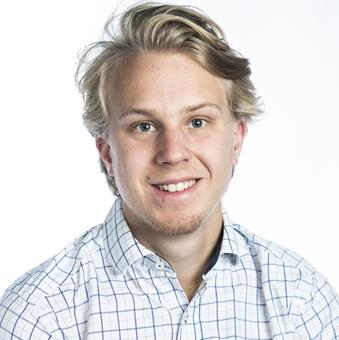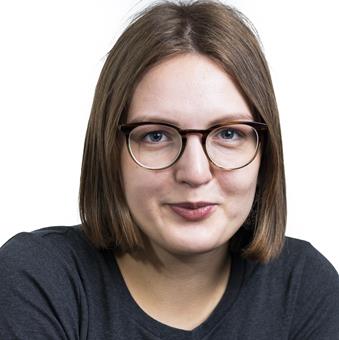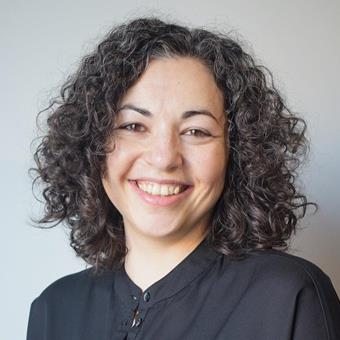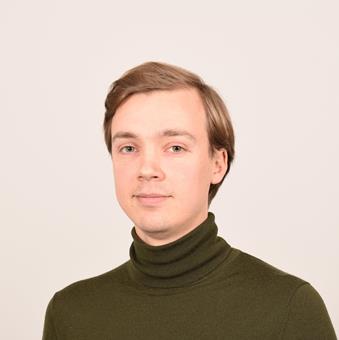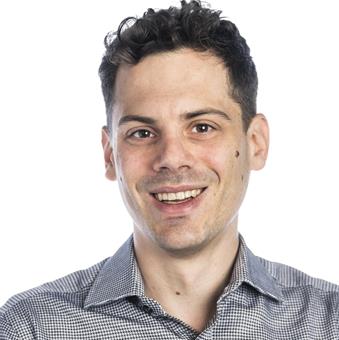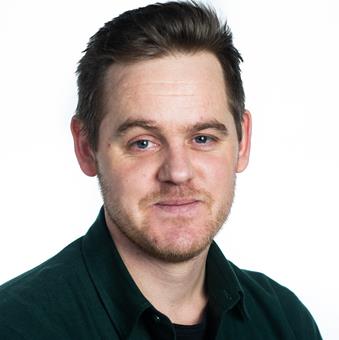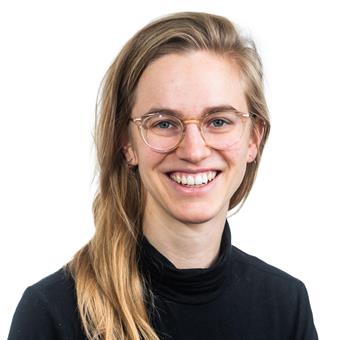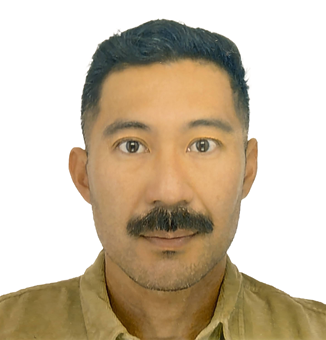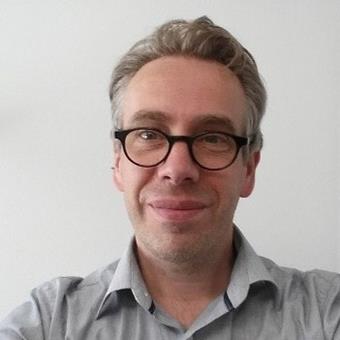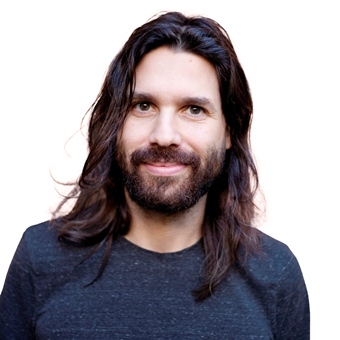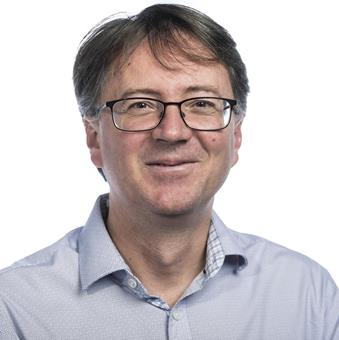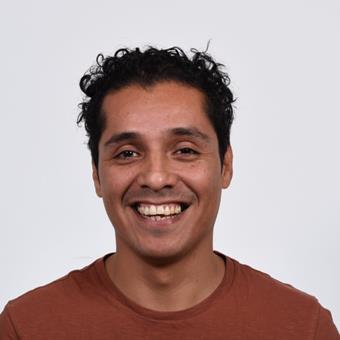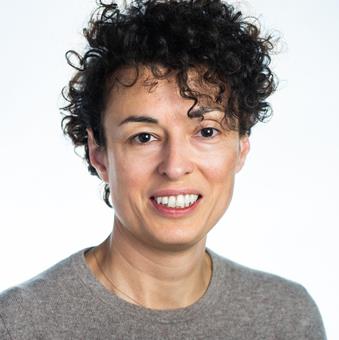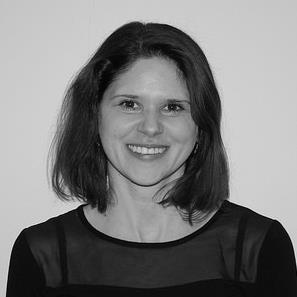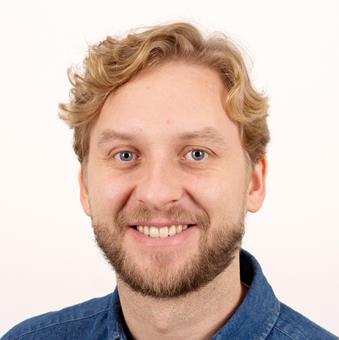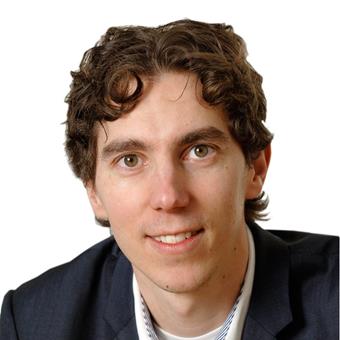Analytical sociologists develop deeper, mechanism-based understandings of important social, political, and cultural processes.
Through a combination of agent-based simulations, social network analysis, and statistical models applied to survey, population register, social media, and text data, researchers at IAS seek to explain why people do what they do and the societal consequences of their behaviour. In other words, we build detailed understandings of behaviours at the micro levels of individuals, families and firms, and relate these to empirical regularities—like segregation and inequality—at the macro levels of cities, states, industries, and beyond.
A considerable part of the research at IAS is concerned with individuals’ mobility within three important, interdependent socioeconomic domains: the labour market, the housing market, and the school system. This research area is concerned with the dynamic processes that lead to a concentration of individuals with certain socio-demographic characteristics in different workplaces, schools, and neighbourhoods, and the consequences this has for organisations, institutions, and the individuals themselves. Combining micro-level statistical analyses with computer simulations is key to this research area.
Another core area of IAS research advances computational text analysis in sociology. Large-scale text analysis offers new ways to measure what people feel, think, and talk about. Researchers at IAS are using corpora of digitised texts as “social sensors” to understand meaning making in the context of widespread social change, including the European migration crisis, and the rise of new radicalised political movements. IAS research in this area focuses on the social dynamics of public discourses arising from interactions between the public, the media, and a country’s political actors as they react to current events.
IAS is an interdisciplinary research environment featuring faculty and affiliates from sociology, political science, philosophy, management studies, and statistics. The researchers deploy a variety of techniques from text mining, machine learning, network science, choice modelling, causal inference, and agent-based modelling. The disciplinary character of the institute makes it possible for IAS researchers to make innovative use of methods and analytical tools developed in other fields than their own.
IAS was established in 2014. It is administratively linked to the Department of Management and Engineering. Maria Brandén is the Director of the Institute and Jacob Habinek and Károly Takács are the Deputy Directors. The institute is located in Central Norrköping, in the beautiful industrial landscape by the Motala River.
If you are interested in the relationship between Analytical Sociology and Computational Social Science, do read our article on the subject in the first issue of Journal of Computational Social Science 2018.
Here you find IAS channel on Youtube with seminars, lectures and interviews.










